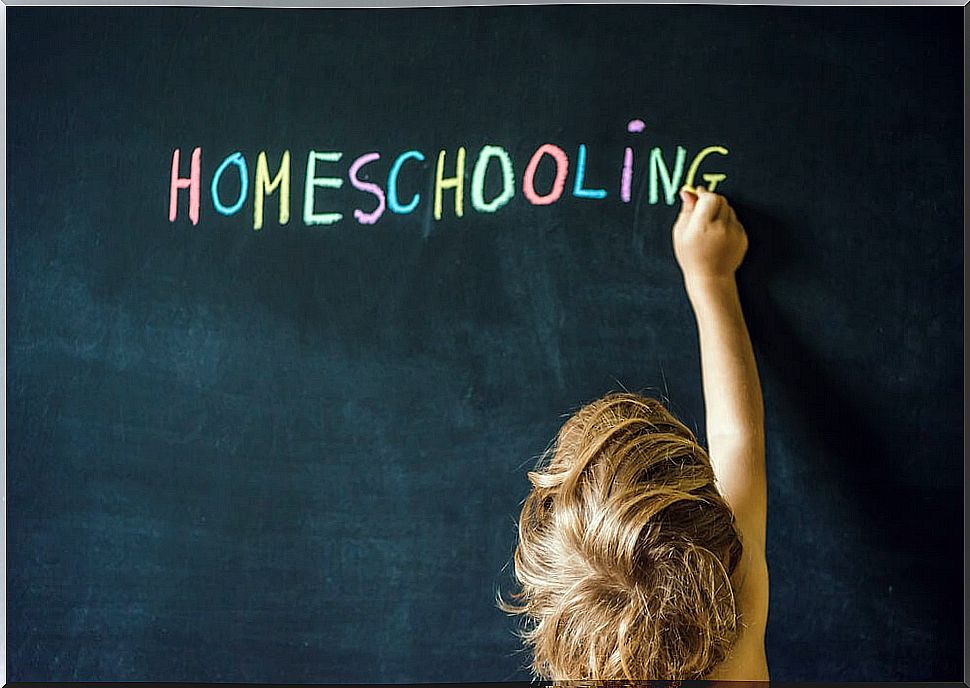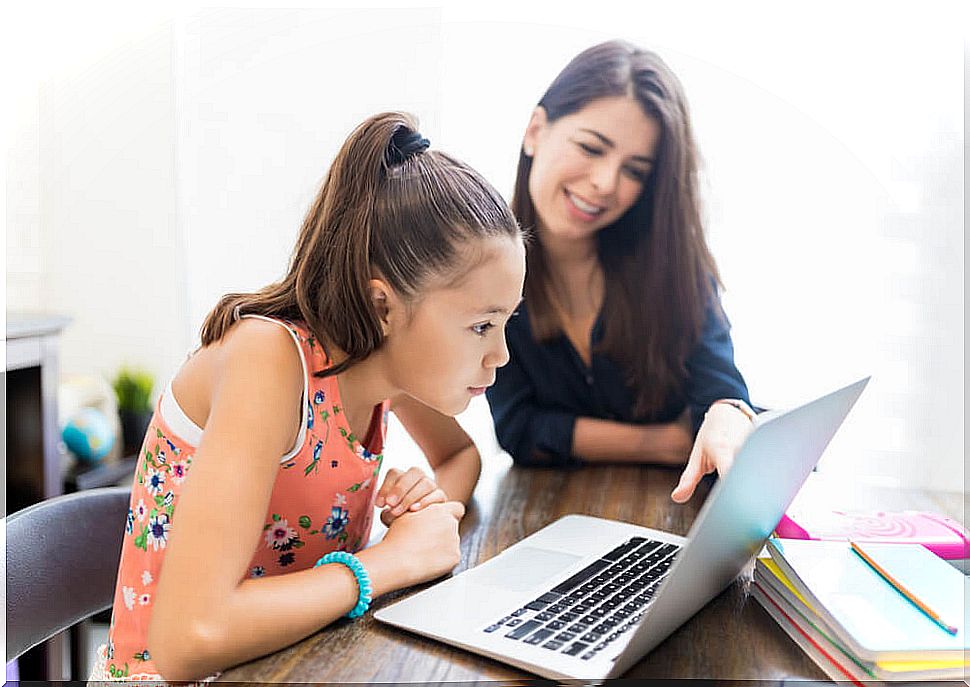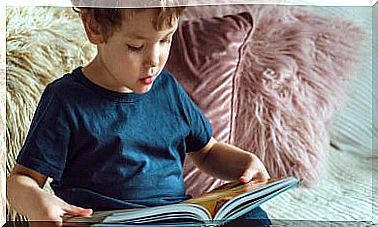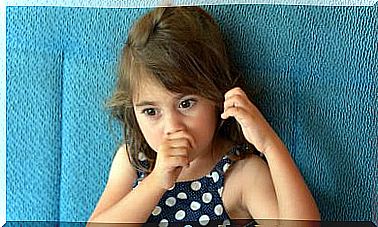Homeschooling And New Ways Of Learning

The new ways of educating are already a reality that we cannot and should not ignore in times of constant transformation. And among the new modes of teaching and learning, the trend of home school is growing.
It is proposed that children and young people learn from home, with the help of technological means, and not in traditional educational centers. How advanced is this educational technique?
School at home in Spain: a practice forsaken by the law?
Although there is very little official data, it is observed that the trend of home schooling has also reached Spain. Every year, the number of Spanish families that choose or evaluate the possibility of adopting homeschooling in the formal education of their children and adolescents grows.
The main reason behind this choice seems to be the possibility of providing completely personalized learning, in a positive and familiar environment that stimulates learning.

Homeschooler families also highlight the possibility of more easily integrating virtual environments and new technologies into children’s education, fostering the development of essential skills in the midst of the digital age.
However, home school is still a minority practice in Spain that sounds quite exotic to society in general. But beyond popular opinion, what worries parents the most is the absence of legal support for homeschooling in Spanish regulations and laws that speak about the right to education.
Faced with the failure of the legal texts, the homeschooling ends up being in a situation much like the underground in Spain. That is why it is necessary to regulate this issue.
Families who choose this method of teaching and learning retract the difficulty of educating their children at home in these precarious legal conditions. They do not have any legal instrument that guarantees or protects the exercise of their freedom of choice regarding the education of their children.
But is homeschool really viable?
Although a wide range of arguments are generated against it, home school is no longer an illusion or an ideology. Thousands of families in different countries and continents demonstrate that it is possible and feasible to carry out the education of their children in the warm and intimate environment of their homes.
However, in Spain this modality faces serious obstacles and practical impediments. The main one is, without a doubt, the legal consideration (or lack thereof) that Spain allocates to homeschooling . But those who think that the complex home school situation in Spain is reduced to a legal prohibition are deceived.
In reality, the biggest problem is precisely the lack of a clear and objective position on this matter. Since the return to the democratic regime and until today, we still do not find legal recognition in Spanish laws on homeschooling.
On the one hand, there is no legal protection for families who decide to adopt this modality, but its development in the country is not prohibited either. It would, therefore, be a kind of legal or regulatory gap.
Consequently , home school ends up falling into a kind of legal vacuum that limits and discourages its implementation in Spain. And this places Spanish education in a direction contrary to that of most countries on the European continent.
Suffice it to say that in countries such as France, Denmark, Finland, the United Kingdom and several cantons of Switzerland, home education tasks are perfectly regulated and protected by local legislation.

Logically, it is foreseen in these countries that everything must be under the guardianship of the parents and the supervision of competent authorities. It is about ensuring that children come into contact with the fundamental content for their training and meet the basic requirements of formal education in the country.
Conclution
It is important to make it clear that home school is already a reality in Spain. Beyond opinions, the legal vacuum on this modality ends up ‘pushing’ families to adopt and practice homeschooling in an almost clandestine condition. And in the absence of a legal framework and official instructions, children’s learning may be affected.
Reflection on the success of homeschooling will help us identify the limitations of the current formal educational system in our country, which prevent the fulfillment of the needs and expectations of parents for the education of their children.










